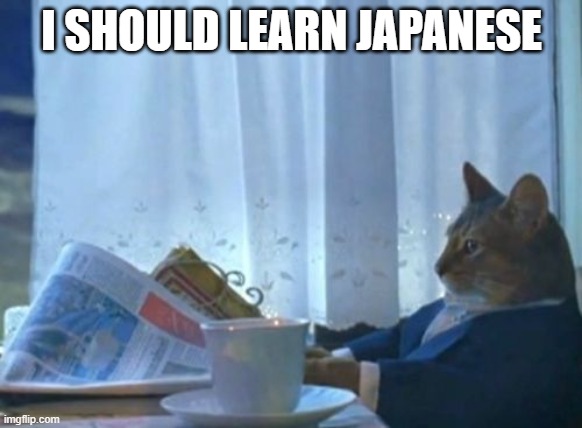I really hate that phrase, "Preserving the vibe" (It's in the "The Importance of Context" section)
I don't want the "vibe" to be preserved. I want the artists vision to be preserved.
I want EXACTLY what he or she wrote, to be preserved. What they intended. What they wanted it to be.
I don't want Capcom's localization team interpretation or modification of what they wrote, to make it more comfy for certain people or cultures.
Even if the artists made the game for a Japanese audience (RGG and Atlus, for example), that shit is interesting. It's interesting to get a peek of a culture that isn't yours. A sense of humor that isn't yours.
Shin Megami Tensei's interpretations of morality and spirituality is very particular to Japan. And again, taking a peek at that, and experiencing that, is special and means something.
People can call me a "doomer" or "triggered" all they want.
This is deeply disgusting. It's threatening art.
Can I remember you guys of when Final Fantasy 16's reference/mention to sexual abuse of a main character was removed by localization, because it was "offensive"?
Doesn't it bother anyone that the feelings the writer intended you to have towards the character (The victim of it), and the villain (the person who did the deed), were completely thrown to the side?
Guess what, YES, it is offensive. Sexual abuse SHOULD offend you.
And that's the point. It's not glorifying sexual abuse. Quite the fucking contrary.
It is there to make you feel things. Even relate to the fucking character. If you are a man or woman that was a victim of sexual abuse, that mention will make you uncomfortable, but it will also make you deeply relate with the character that went through it.
That has value.
Again, fuck the "vibe" being preserved. I want the pure artists vision preserved.




